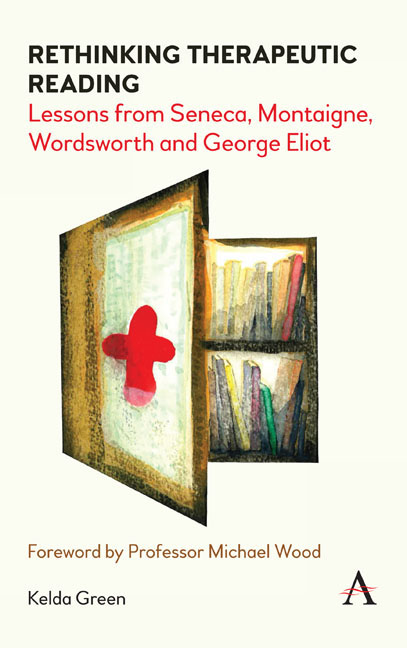6 - Experiment Two: Slowing Down and Tuning In
Published online by Cambridge University Press: 16 July 2020
Summary
The aims of this second reading experiment were:
1. To continue and extend the work begun in Chapter 5 by exploring the impact that sustained private engagement with Wordsworth's poetry can have on readers.
2. To investigate the value of diary-assisted reading as a means of encouraging and capturing serious engagement with literature.
3. To develop a clearer understanding of the potentially therapeutic role that poetry can play in modern society.
Private reading is an elusive and complex process and in The Limits of Critique, Rita Felski sets out some of the incongruities and challenges that this study had to contend with:
Readers are not autonomous, self-contained centres of meaning, but they are also not mere flotsam and jetsam tossed on the tides of social or linguistic forces that they are helpless to affect or comprehend. When they encounter texts, they do in all their commonality and quirkiness, they mediate and are in turn mediated, in both predictable and perplexing ways.
It was important that this study was able to capture the reading process in action, rather than relying too heavily on retrospective analysis, in order to record some of the reciprocal shifts described by Felski and to avoid unhelpful overgeneralisations. It was equally vital that the design of this study created enough space to accommodate the specificity of individual responses, allowing ‘both predictable and perplexing’ ways of thinking to exist.
Study Design
A group of 18 adults were recruited via advertisements displayed across the University of Liverpool campus and in public libraries in Liverpool and London. All participants were required to be at least 18 years of age and fluent in English. Participants were aged between 19 and 71 and consisted of 11 females and 7 males.
Recruits were invited to complete a short questionnaire about themselves and their reading habits and were then divided into three groups. Age, gender, profession, education and reading habits were taken into account during the allocation process and every effort was made to create balanced groups so as to reduce the effects of individual differences on the results of the study (see Table 6.1).
- Type
- Chapter
- Information
- Rethinking Therapeutic ReadingLessons from Seneca, Montaigne, Wordsworth and George Eliot, pp. 129 - 162Publisher: Anthem PressPrint publication year: 2020



